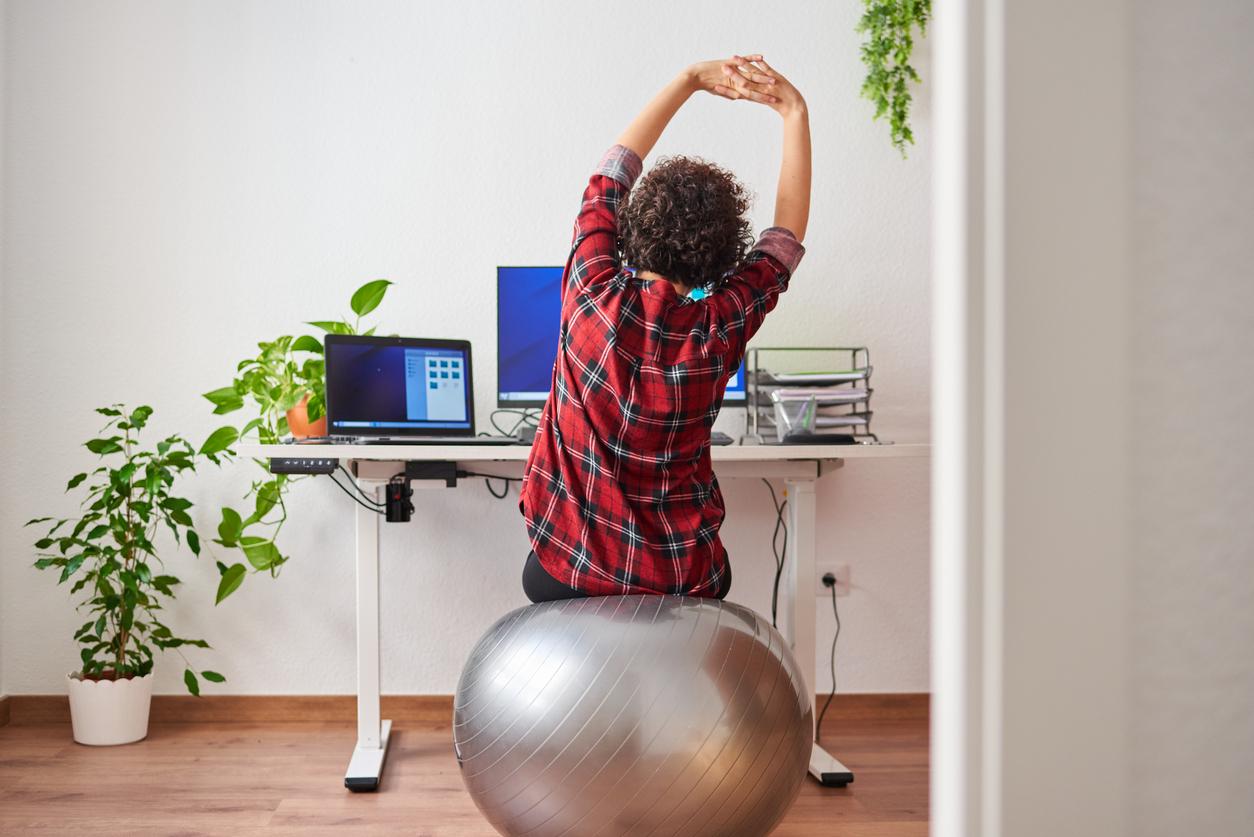Standing desks have minimal impact on health and do nothing to combat overweight and obesity.

In recent years, standing desks have been appearing in the workplace. Adjustable in height, they allow you to work in a position that is supposed to be healthier. A researcher from the University of Pittsburgh was interested in the effects of this new furniture on the body: they noted, in the review Applied Ergonomicsthat they are of little use.
A slight decrease in blood pressure
April Chambers analyzed 53 studies. Among them, some were interested in the effects of a standing desk on behavior, others on physiology, productivity at work, psychology, posture or even comfort. The compilation of results shows that working at a desk, but standing up, changes behaviors. This type of installation at work improves comfort and encourages its users to move more. However, the researchers found no noticeable health effects. If in some participants, the use of these desks made it possible to slightly reduce blood pressure and back pain, this device does not in any way reduce overweight or obesity, notes the study.
Physical activity, a real remedy for a sedentary lifestyle
Australian researchers have analyzed the link between physical inactivity and mortality, in a study released last April. They find a correlation between time spent sitting and increased risk of mortality. Conversely, sedentary people who respect the recommended weekly times of physical activity eliminate this increased risk of mortality, except when they spend more than eight hours a day sitting. In Australia, health authorities recommend practicing at least between 2h30 and 3h49 of physical activity each week. This does not mean that you have to do 2h30 of jogging or swimming, physical activity is defined by a movement of the body allowed by the contraction of the muscles, such as walking for example. In France, the Ministry of Health also recommends practicing at least 2h30 of physical activity per week.

.
















